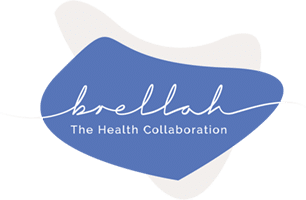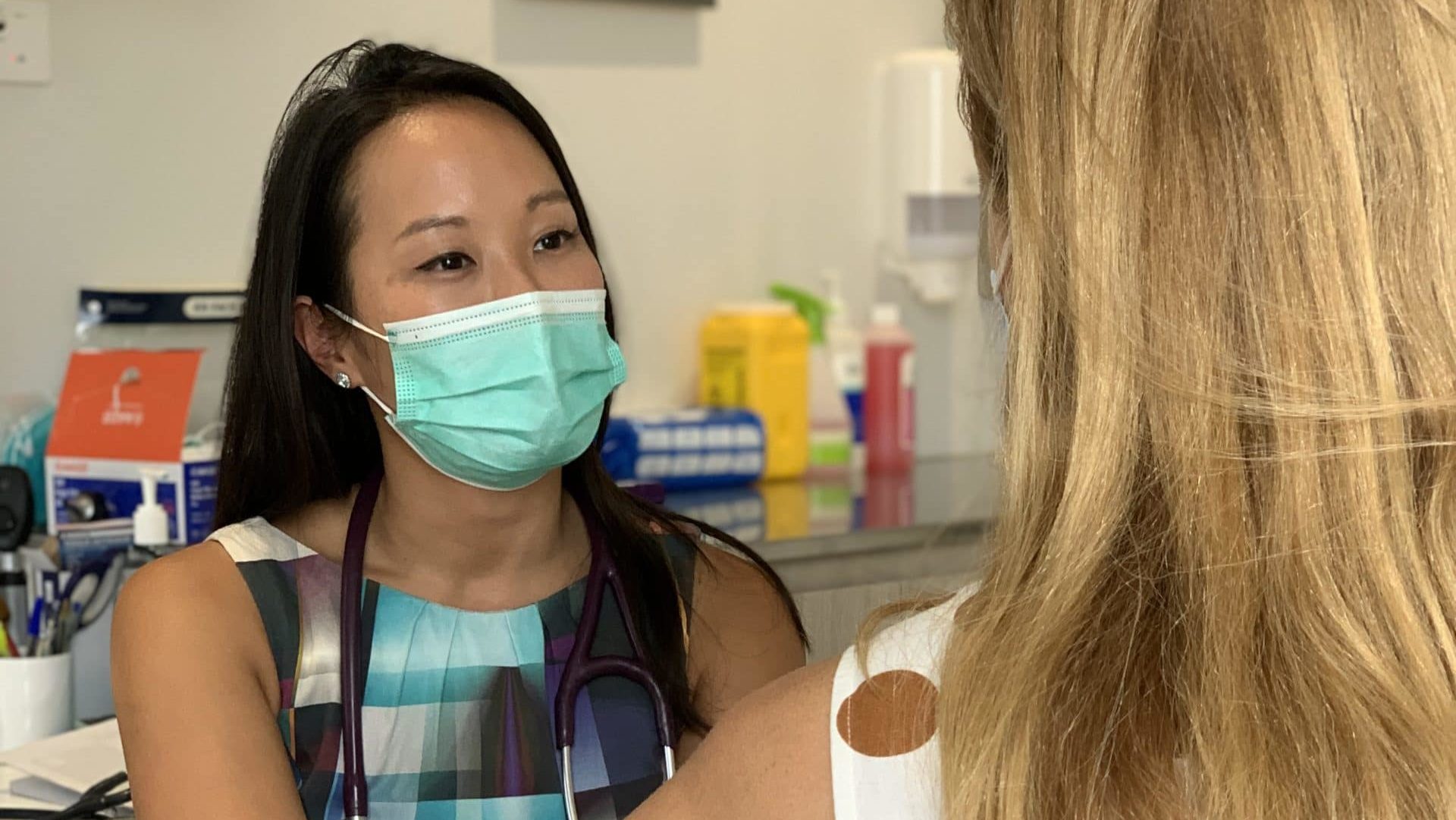Our body is our most precious possession.
Our body is our most precious possession. Yet with the recent disruptions to our daily life caused by lockdowns and the pandemic, health checks have taken a back seat for many people.
According to the Medical Journal of Australia in March 2021, around 2,500 cancer diagnoses were delayed or missed in Victoria during the Covid-19 lockdown restrictions.
Early detection leads to better outcomes. Dr Esther Han, General Practitioner at Brellah Medical Centre explains why now may be a good time for a Health Check, no matter what your age or stage of life.
Why are health checks so important?
Health checks are important for the detection, prevention and management of a lot of diseases, especially as you get older. Your doctor or nurse will be able to tell you what screening you need for different types of conditions, such as cancers.
Health checks are particularly important for anybody with a family history of heart disease, diabetes, high blood pressure, cholesterol, joint issues or cancers.
Or if you display any symptoms of potential disease, such as a new lump, skin spots or bowel habits.
I feel fit and healthy – do I need a health check?
Yes. Certain conditions don’t produce any obvious symptoms, such as high blood pressure. It’s good to get the all clear from a doctor even if you are feeling fit and healthy.
At what stages of life do we need to get our health checked?
Health checks should be a constant in our life because from the time we are born our bodies are forever changing!
We start health checks with babies for immunisations and tracking their growth and developmental milestones.
We then do check-ups of 4 year-old children before they start school, and school aged children, especially if they have any conditions such as asthma or allergies.
Then high school age is often when adolescents might start developing mental health issues, and may want to know more about or check their sexual health.
For those in their late teens through to the early 20s, we usually focus on sexual health checks and family planning, such as contraception needs, and also mental health issues may be prevalent.
Then couples planning to have their first baby will benefit from a health check prior to starting to try to conceive. Once a woman falls pregnant regular health checks are needed to check the safety and development of mother and child and then after giving birth a 6 week post-natal checkup is needed.
Once we reach the ages of 40-49 it’s important to start screening for diabetes and heart disease, especially if there’s a family history or people are struggling with extra weight.
After turning 50 we screen for bowel, breast, testicular, skin cancers, do bone density checks and also do menopause and perimenopause (period leading up to menopause) screening.
From 75 years we do healthy ageing screens, falls prevention, help with drivers’ medical licence renewals and monitor and manage any other health conditions.
What are the most common diagnoses of health checks?
- High cholesterol
- High blood pressure
- Diabetes
Do you have an example of how early detection can make a difference?
Bowel cancer screening, whilst not pleasant to do, has detected hidden blood in the stools.
This happened to a patient of mine recently and he was referred for a colonoscopy and bowel cancer was detected – luckily it was caught early. He had surgery, early treatment and has since recovered well.
Dr Esther Han is a General Practitioner at Brellah Medical Centre (BMEDSCI, MBBS, FRACGP, DCH) and graduated from Australian National University in 2010. She has worked in both general practice and hospital settings in both Canberra and Sydney. She has done a Diploma of Children’s Health through Sydney University/Westmead Children’s Hospital in 2013. She was awarded her fellowship into the Royal Australian College of General Practitioners in 2016.

